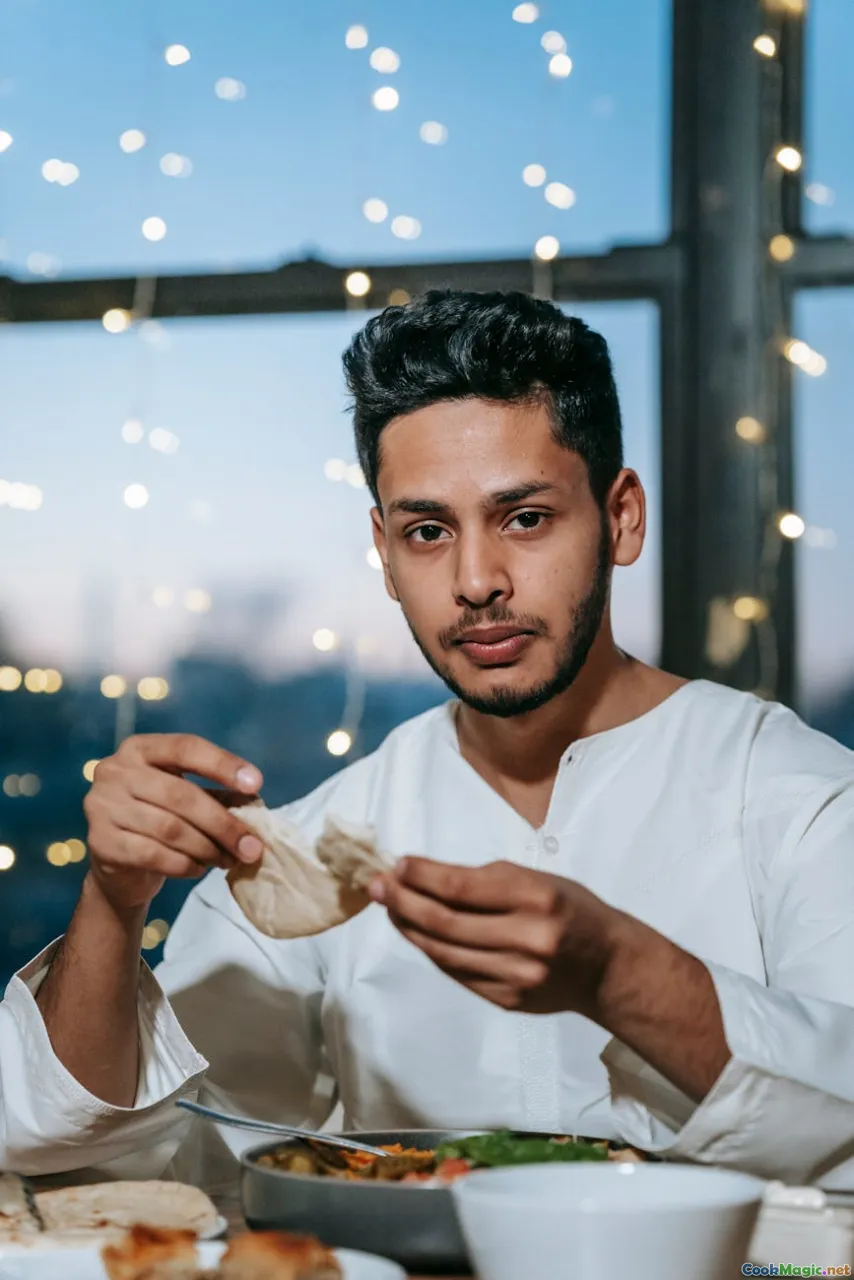A Taste of Home My Struggle as an Expat Food Lover
8 min read An intimate exploration of an expat's emotional journey through food, highlighting the challenges and joys of preserving home flavors abroad. May 02, 2025 08:00
A Taste of Home: My Struggle as an Expat Food Lover
Introduction: The Unseen Battle of Food and Identity
Imagine walking through a bustling foreign market, the air thick with unfamiliar spices, the sounds of a language you don't fully grasp, and yet, amidst the chaos, your senses are drawn to a familiar aroma—something that instantly transports you back to your childhood kitchen. Food, in many ways, is more than sustenance; it is a vessel of identity, memory, and belonging.
As an expat, I have come to realize that the true challenge isn't just adapting to new cultures or navigating visa regulations—it's the relentless pursuit of that elusive taste of home. Every dish I miss, every flavor that seems just out of reach, feels like a small yet profound reminder of what I’ve left behind and what I strive to recreate.
This is my story—a personal journey through the highs and lows of being a food lover in exile, and how food has become both a comfort and a battleground in my quest to preserve my cultural identity.
The Cultural Tapestry of Food: More Than Just a Meal
Food is deeply woven into the fabric of cultural identity. It tells stories of history, geography, climate, and tradition. For me, my homeland's cuisine is a narrative told through vibrant spices, textures, and rituals.
Take my favorite dish from home—spicy lamb curry simmered with cumin, coriander, and a hint of cinnamon. The aroma alone can fill a room, with smoky undertones and a fiery kick that awakens every taste bud. It’s not merely sustenance; it’s a symbol of family gatherings, festive celebrations, and childhood memories.
When I moved abroad, I quickly realized that recreating such dishes was an act of cultural preservation. Each ingredient, each cooking technique became a mission—searching local markets for authentic spices, experimenting with recipes, and sometimes, improvising with substitutes that never quite matched the original.
The Emotional Toll of Food Nostalgia
The emotional dimension of food is profound. It’s tied to moments of joy, comfort, and even grief. Missing the taste of my grandmother’s homemade flatbread—soft, slightly chewy, with a hint of char—was a constant ache.
One particularly challenging day, I attempted to make this bread in my new kitchen abroad. The dough, sticky and unforgiving, refused to rise as it did back home. The smell was close, but the texture was off. As I sat on the counter, breaking the imperfect bread, a wave of longing washed over me. It was a reminder that some flavors are irreplaceable, and some memories are best cherished in their original form.
Yet, this emotional struggle also fueled my creativity. I started exploring local ingredients, learning new techniques, and blending my culinary heritage with the flavors of my new environment.
The Quest for Authenticity: Challenges and Triumphs
Finding authentic ingredients in a foreign land can feel like searching for a needle in a haystack. I spent weeks scouring specialty stores, online vendors, and even community groups to source saffron, sumac, or dried herbs that matched my homeland's freshness.
Every successful purchase was a small victory. I remember the first time I made baklava with genuine pistachios and honey from my home country—each flaky layer was a testament to perseverance. The rich, sticky sweetness, combined with the crunch of nuts, was a sensory explosion that made me feel a little closer to home.
Cooking techniques also posed challenges. Certain dishes require specific methods—slow roasting, fermentation, or precise spice blending—that I had to adapt to my new kitchen setup. Sometimes, improvisation led to unexpected delights, adding new dimensions to traditional recipes.
Connecting Through Food: Building New Traditions
While the struggle for authenticity persists, I’ve also discovered the beauty of fusion and adaptation. Sharing my culinary creations with new friends, both locals and fellow expats, has fostered a sense of community.
Cooking a traditional dish for a gathering became a ritual—an act of storytelling and cultural exchange. Watching my friends savor the flavors, I realized that food can forge bonds beyond borders, creating new memories rooted in shared experiences.
In my home abroad, I’ve also embraced local ingredients, integrating them into my recipes to develop a hybrid cuisine that respects my roots while celebrating my new environment. This ongoing dance between tradition and adaptation keeps my culinary journey vibrant and meaningful.
Personal Reflections: The Power of Food in Exile
Through this journey, I’ve learned that the struggle to find familiar flavors is also a journey of self-discovery. Food has become a symbol of resilience, a way to hold onto my identity amid change.
Every attempt—successful or not—reminds me that home is not just a place but a feeling, often expressed through taste. It’s about the memories, the love, and the stories embedded in each dish.
Most importantly, I’ve come to see that while I may be physically distant from my homeland, my culinary spirit remains unbroken. My kitchen abroad is now a sanctuary where I honor my past and embrace my future.
Conclusion: Embracing the Culinary Exile
Being an expat food lover is a complex, emotional journey. It’s about more than just cooking; it’s about preserving identity, forging new connections, and finding comfort in the chaos.
Every plate I prepare is a testament to resilience—a reminder that while the flavors may change, the essence of home remains alive in my heart and in my kitchen.
So, to fellow food enthusiasts navigating similar paths, I say this: cherish your traditions, be open to new tastes, and remember that every culinary attempt is a step closer to home—wherever you may be. Because in the end, food is the universal language of love, memory, and belonging.









